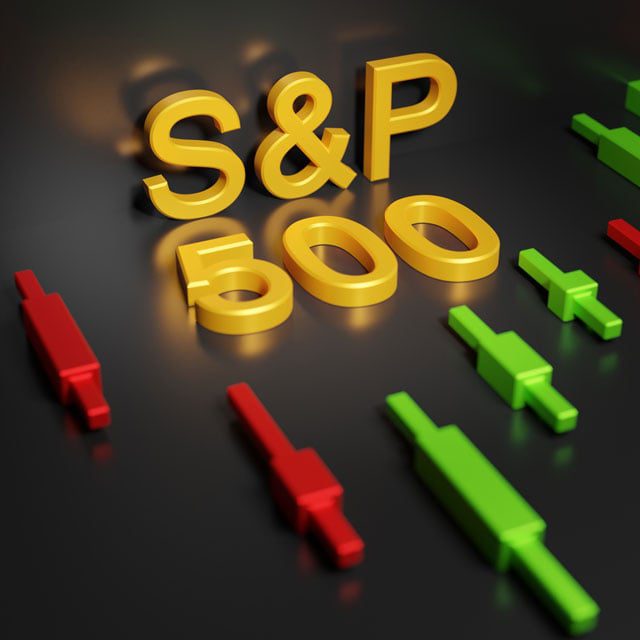S&P 500 Tops 4,400 as Stock Rally Powers Ahead

Stocks extended their November rally as Treasury volatility abated, with traders looking past disappointing consumer-sentiment data and the Federal Reserve’s efforts to downplay the market’s dovish bid.
The S&P 500 hit the key 4,400 mark, seen by some chartists as a resistance level that would pave the way for more gains, if crossed. The gauge climbed over 1% and was on track for a seven-week high.
The Nasdaq 100 rose 2% as Microsoft Corp. climbed toward a record and Nvidia Corp. rallied for an eighth straight day. Ten-year yields were little changed, following a surge triggered by a weak 30-year bond sale and Jerome Powell’s “sterner” tone on policy.
“Calm in the Treasury market” is what a sustained market rally would require, said Tom Essaye, a former Merrill Lynch trader who founded The Sevens Report newsletter. “Short, sharp declines are no more beneficial for stocks than short, sharp rises.”
Wall Street continued to keep an eye on the latest remarks from U.S. officials, with Fed Bank of Atlanta President Raphael Bostic saying policymakers can return inflation to their goal without the need to hike further.
His San Francisco counterpart Mary Daly said the U.S. central bank may need to hike its benchmark lending rate again if progress on inflation stalls while the economy roars ahead. Data Friday showed consumer long-term inflation expectations hit a 12-year high, while economic concerns weighed on sentiment.
Traders should expect the Fed to highlight its commitment to the 2% inflation target, but the rise in long-run inflation expectations indicate consumers are not convinced the Fed can fulfill its inflation mandate, according to Jeffrey Roach, chief economist for LPL Financial.
“The consumer is feeling stretched between the twin pains of inflation and higher interest rates, making them less optimistic about their current and future economic prospects,” said Damian McIntyre, portfolio manager and head of multi asset solutions at Federated Hermes.
Emotional Reactions
Investors have softened their emotional reactions to data in recent weeks, with significantly less volatility, and we expect the same with the possibility of a government shutdown next week if a spending deal is not struck,” according to Mark Hackett, chief of investment research at Nationwide.
“Historically, shutdowns have been short in duration and limited in economic or market impact,” he noted.
The caution that pervaded equity markets in the past three months has now switched to “year-end greed” on expectations of a decline in US bond yields, according to Bank of America Corp.’s Michael Hartnett.
Global stocks recorded inflows of $8.8 billion in the week through Nov. 8, according to the note citing EPFR Global data. Still, cash remains the asset class of choice, Hartnett said. About $77.7 billion went into money market funds in the week, setting them up for record annual inflows of $1.4 trillion.




